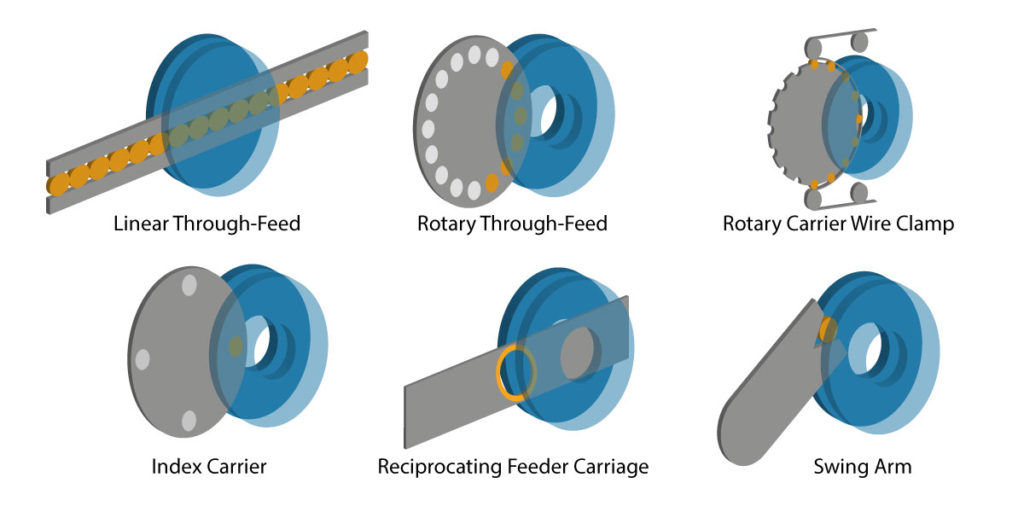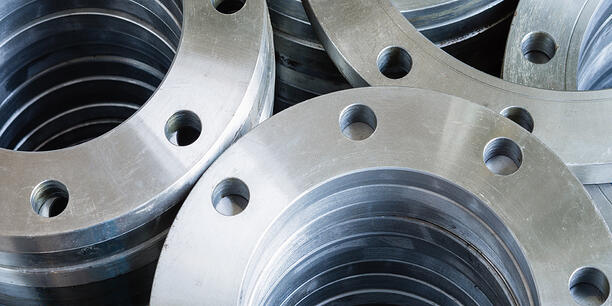Double disc grinding is an abrasive machining process which removes excess material from two sides of a part at the same time. How is the job done? Typically, the grinding discs are side-mounted on a pair of opposing spindles. Because both sides of the part are ground simultaneously, this results in higher accuracy and parallelism and reduces stress on the part. Let’s talk more about how your parts stand to benefit from the double disc grinding process.
Click Here for our Ten Facts About Centerless Grinding Infographic
Reduced Machining Cost
One of the most notable advantages of the double disc grinding process is how it stands to benefit the company’s bank account. See, the traditional grinding process causes the grinding wheels to wear down, so they need to be replaced or redressed from time to time. The double disc grinding process reduces the wear rate, which means fewer interruptions to the grinding process for redressing. When pauses to production are limited, losses and additional costs are reduced up to 35%.
Wide Variety of Materials
The double disc grinding process is a versatile service, capable of finishing a wide array of metals. These include:
- Aluminum
- Copper
- Bronze
- Cast iron
- Steel
- Stainless steel
- Tool steels
- Mold plate
- Ferrous and non-ferrous metal
An increased range of metals means flexibility and quality results for manufacturers when grinding is required to achieve better performance.

There are several methods for loading parts into Double Disc Grinders.
Tight Tolerances
Grinding both sides of the workpiece simultaneously makes for greater control for the grinding machine operators: allowing them to achieve tighter tolerances for flatness and parallelism checks. The process can achieve a dimensional tolerance to ±0.0002″; parallelism and flatness checks can also achieve the same level of tolerance. Additionally, when grinding aluminum, the process can achieve surface finishes as high as 16 Ra.
Internal Stress Relief
Because of the way double disc grinding works—removing equal amounts of stock from both sides of the workpiece at the same time, we are actually able to reduce the residual stress on the workpiece. When residual stress is reduced, stability during secondary operations and final machining is improved.
Speed and Automation of Production
Double disc grinding is a highly efficient process which allows for increased productivity. Production rates vary depending on what the parts require. Sometimes, it is capable of grinding tens of thousands of parts in an hour, other times, it takes hours to grind one part—it depends on the size and complexities of the part. Stampings, die castings, blankings, rings, and valves all benefit from double disc grinding.
Grinding is a proven method for improving aerospace parts and double disc grinding takes the finishing process and ups the ante for an even better grinding process. Not only is it better for the parts themselves, but it also represents a wise investment for the machinists and aerospace manufacturers.


